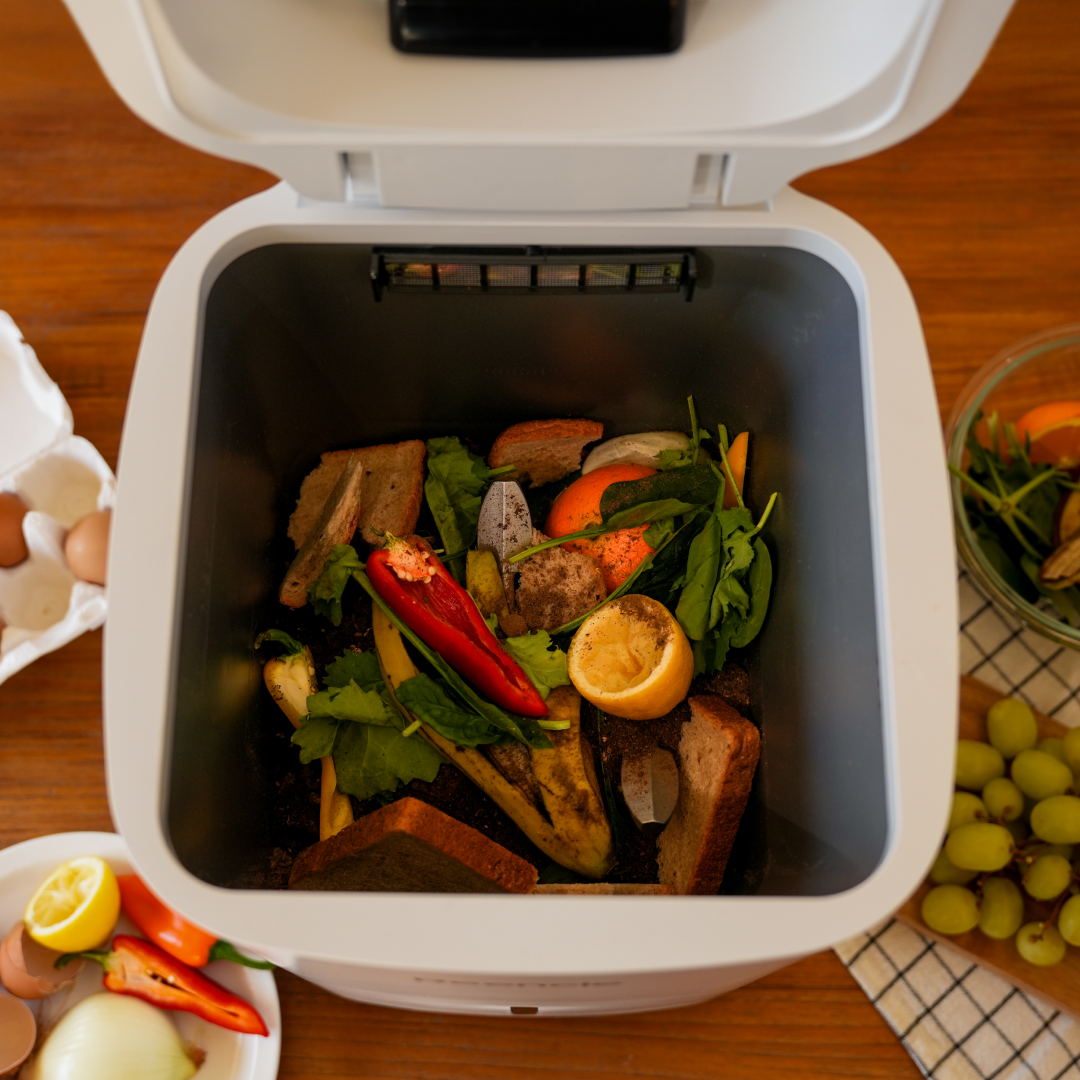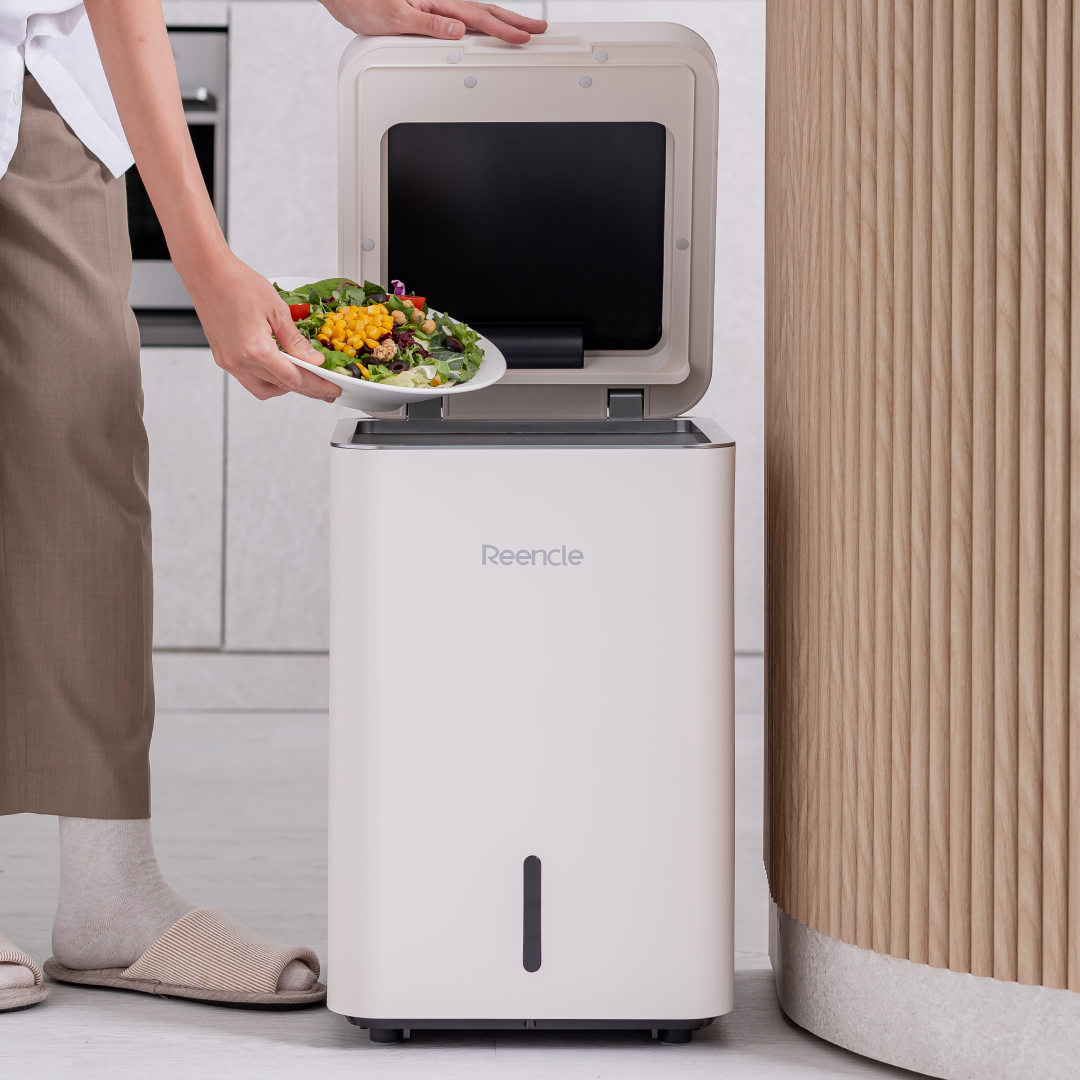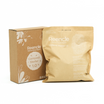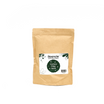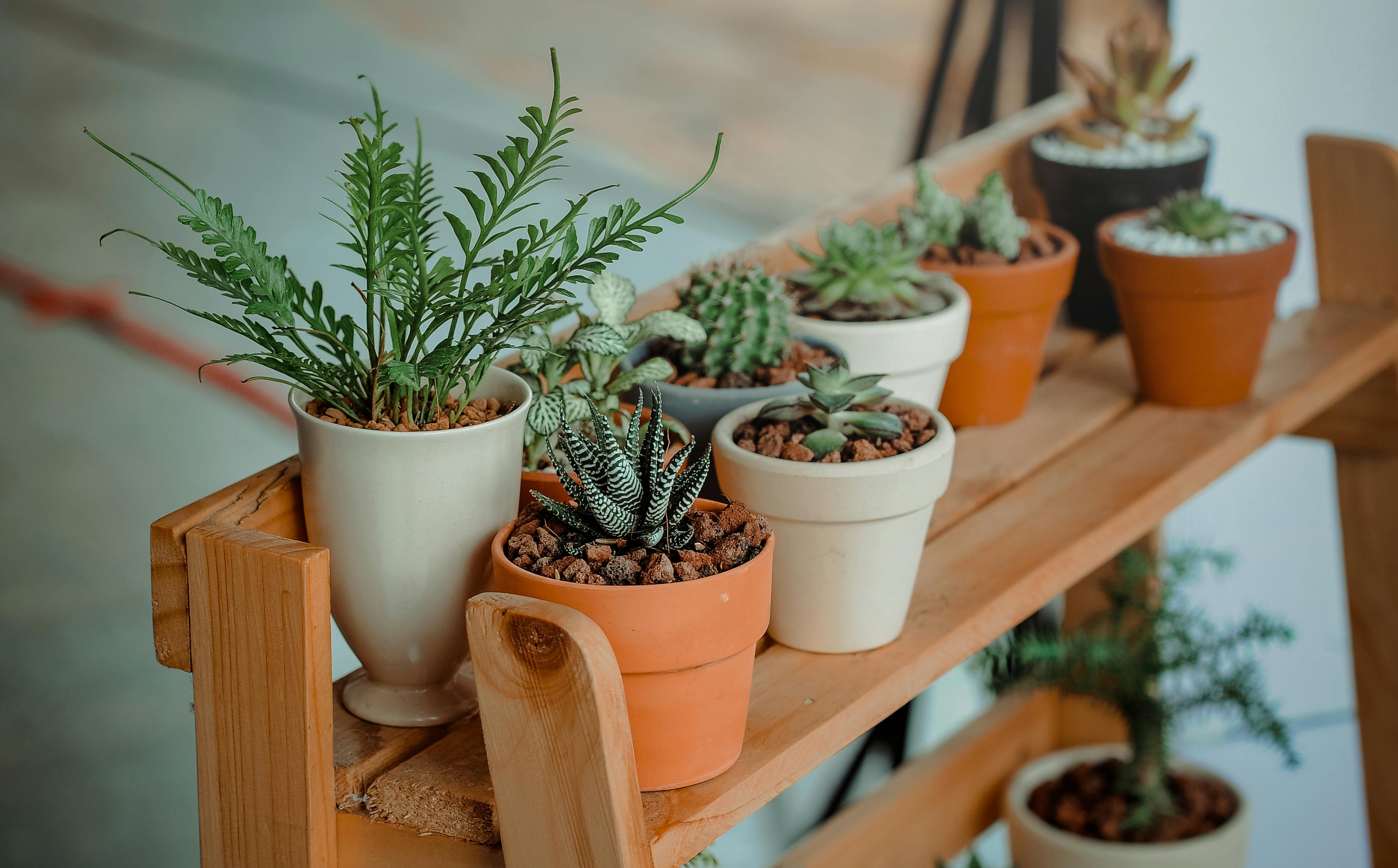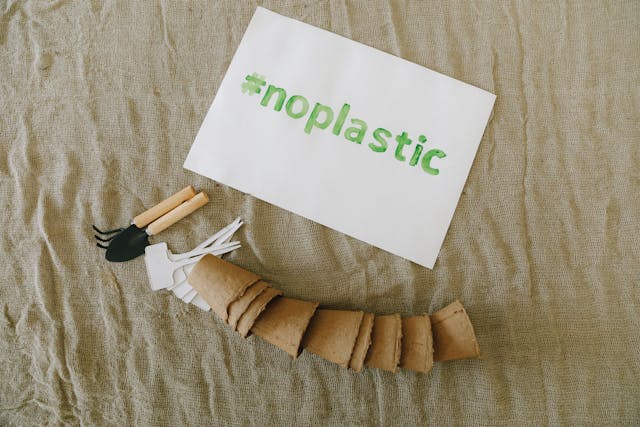Are Coffee Filters Compostable?
A Complete Guide

Millions of cups of coffee are brewed around the world each day, and with that delicious morning ritual comes the inevitable question:
what to do with the used filter? Are coffee filters compostable?
While the coffee itself gets consumed, the filter often ends up in the trash, adding to our ever-growing landfill problem. But what if there was a more sustainable way to dispose of coffee filters? Enter the world of composting.
This blog aims to answer the burning question: are coffee filters compostable? We'll delve into the science behind their composition, explore the potential benefits and drawbacks of composting them, and offer practical tips for incorporating them into your sustainable waste management practices.
Understanding Coffee Filters
Before diving into compostability, let's understand the different types of coffee filters available:
● Paper filters: These are the most common type, typically made from cellulose fibers derived from wood pulp.
● Metal filters: These reusable filters are often made from stainless steel or mesh and are a more eco-friendly option.
● Reusable cloth filters: Similar to metal filters, these are washable and eliminate the need for disposable filters.
Are Coffee Filters Biodegradable?
The most commonly used among these is paper coffee filters. The primary component of paper filters is cellulose, a naturally occurring organic polymer found in plant cell walls. This makes them inherently biodegradable, meaning microorganisms like bacteria and fungi can break them down under the right conditions. However, some paper filters may contain additional components that can affect their compostability:
● Bleach: Many paper filters undergo a bleaching process to achieve their white color. While the amount of bleach used is typically minimal, it can introduce harmful chemicals into the compost pile, potentially impacting the breakdown process and harming beneficial microorganisms.
● Bonding agents: Some filters may contain synthetic binders to improve their strength and structure. These can also hinder biodegradability and should be avoided for composting purposes.
Therefore, the key to understanding whether a coffee filter is compostable lies in its material composition. Look for unbleached filters made from 100% recycled paper to ensure they decompose readily and contribute positively to your compost.
Can You Compost Coffee Filters?
The answer is yes, but with considerations. While the cellulose content makes paper filters inherently biodegradable, the presence of bleach and bonding agents can complicate the process.
Here's a breakdown of the factors to consider:
● Biodegradability: As mentioned earlier, the cellulose fibers in paper filters are readily broken down by microorganisms in a compost pile. This provides an excellent opportunity to divert waste from landfills and create nutrient-rich compost for your garden.
● Additives: The presence of bleach and bonding agents can slow down the decomposition process and potentially harm the delicate ecosystem within your compost bin. Bleach, in particular, can introduce harmful chemicals that might negatively impact the microbial activity essential for breaking down organic matter.
● Recommendation: To ensure safe and efficient composting, opt for unbleached coffee filters made from 100% recycled paper. These filters are free of harmful chemicals and decompose readily, contributing valuable organic matter to your compost.
Beyond biodegradability, composting coffee filters offers several additional benefits:
● Nutrient addition: Coffee filters are rich in carbon, a crucial element for healthy compost. This helps balance the nitrogen content typically high in coffee grounds, creating an optimal environment for microbial activity.
● Improved aeration and moisture retention: The papery texture of coffee filters helps aerate the compost pile, allowing for proper air circulation and preventing anaerobic decomposition. Additionally, they can aid in moisture retention, ensuring optimal conditions for decomposition.
Tips for Composting Coffee Filters
If you've decided to embrace the sustainable practice of composting coffee filters, here are some helpful tips:
● Tear filters into smaller pieces: This increases the surface area, allowing microorganisms to access the organic matter more easily and facilitating faster decomposition.
● Mix with other compost materials: Ensure a balanced carbon-to-nitrogen ratio in your compost pile. While coffee filters provide carbon, you'll need materials rich in nitrogen, such as food scraps, yard waste, or manure, to create a healthy composting environment.
● Consider composting with coffee grounds: Coffee grounds are another excellent addition to your compost pile. They are rich in nitrogen, balancing the carbon from the filters and providing essential nutrients for plant growth.
● Check local composting guidelines: Some regions might have specific restrictions or recommendations regarding composting coffee filters. It's always best to check with your local composting program or municipality for any guidelines you need to follow.
Alternatives to Composting
While composting coffee filters is a sustainable option, it might not be feasible for everyone. Here are some alternatives to consider:
● Reusable coffee filters: Switching to reusable metal or cloth filters is the most eco-friendly solution as it eliminates the need for disposable filters altogether. These filters are typically easy to clean and last for years, significantly reducing waste generation.
● Recycling: If composting is not an option, check if your local recycling program accepts paper filters. Look for the recycling symbol on the packaging and ensure the filters are clean and dry before placing them in the recycling bin.
Remember, regardless of your chosen method, responsible waste management is crucial. By making informed choices about coffee filters and other disposable items, we can collectively contribute to a more sustainable future.
Conclusion
The journey towards sustainable coffee consumption starts with small yet impactful choices. While the answer to "are coffee filters compostable?" is nuanced, understanding the factors involved empowers you to make informed decisions. Opting for unbleached, compostable filters or embracing reusable alternatives are excellent steps toward reducing your environmental footprint. Remember, every conscious choice, from composting coffee filters to exploring sustainable practices in other areas of your life, contributes to a healthier planet for generations to come.
Frequently Asked Questions
Can I compost coffee filters with coffee grounds?
Yes, absolutely! Composting coffee grounds and filters together is a great way to create a balanced compost mix. The grounds provide nitrogen, while the filters add carbon, creating an ideal environment for decomposition.
How long does it take for coffee filters to compost?
The decomposition time for coffee filters can vary depending on several factors, including the size of the pieces, the presence of additives, and the overall conditions of your compost pile. Generally, unbleached filters torn into smaller pieces can decompose within a few months under optimal conditions.
Is it okay to compost tea bags with coffee filters?
It depends on the tea bag material. If the tea bag is made from unbleached paper and doesn't contain any plastic components, it can be composted alongside coffee filters. However, tea bags with staples, nylon strings, or other non-biodegradable elements should be discarded in the trash.


